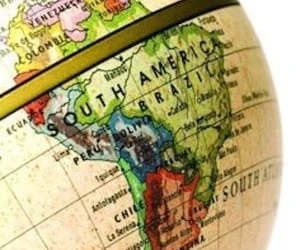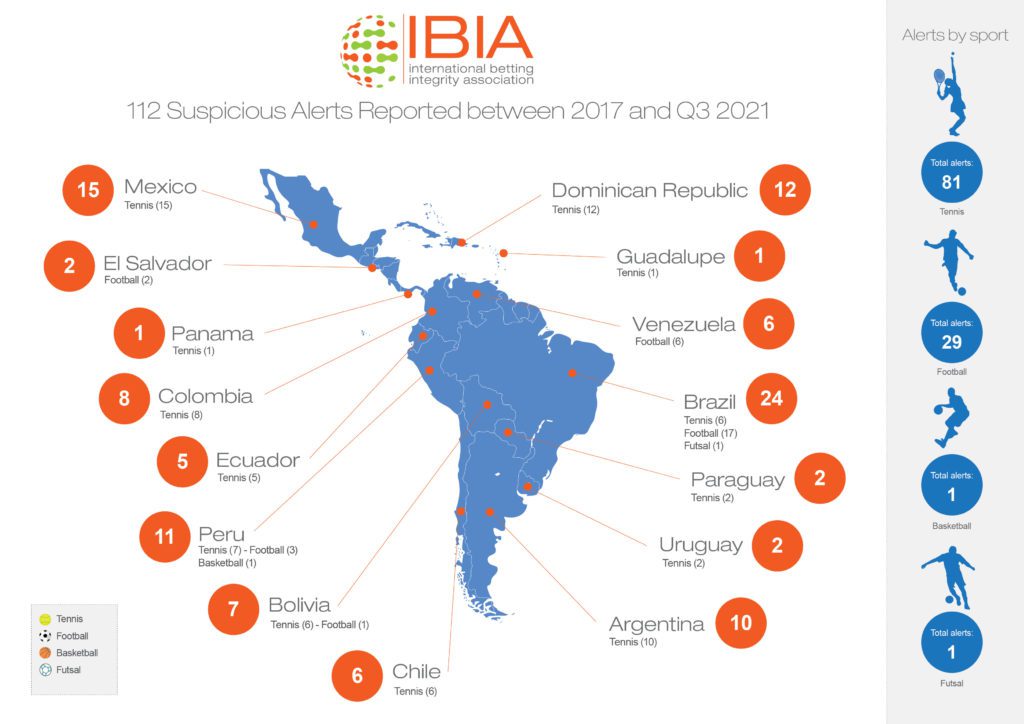IBIA releases Spanish and Portuguese Betting Market Study translations

The study – which can be read here – aims to provide benchmarking data and information, giving insight into the best regulatory models for global betting markets.
By translating to the study Spanish and Portuguese, IBIA said it hopes to assist Latin American markets in developing betting policy. The study covers three existing regulatory models in Latin America: Colombia, Mexico, and Argentina. The organizations hope that the study will help spur regulations in major potential markets such as Brazil.

H2 Gambling Capital estimated Latin America’s value at $1.3bn. The same report forecasts an increase to $3.4bn by 2025.
Khalid Ali, CEO of IBIA said: “The burgeoning Latin American sports betting market is an increasingly important focus for IBIA members’ business operations. It is also unfortunately the focus of corrupters seeking to manipulate sporting events to defraud betting operators. Indeed, between 2017 and the end of the third quarter of 2021, IBIA alerted the relevant authorities to 112 cases of suspicious betting across 15 Latin American countries and four different sports.
“It is hoped that this report will provide some assistance to Latin American policymakers, sports and betting operators in responding to the threat to the integrity of sport and to developing effective betting regulation. Integrity has been a core part of the betting market discussion in North America, with the integrity standards recently published by Ontario seen as a best practice model; IBIA would like to see this focus and approach replicated across Latin America and beyond.”
The three LatAm markets appeared in the IBIA and H2’s market assessment and ranking. In total, 20 markets were analyzed and ranked in the report.
Argentina ranked 18th, receiving a provisional score due to expected regulatory changes. Argentina’s markets vary in terms of tax rate and exact regulations, but both the city and province of Buenos Aires have issued licenses, setting the stage for more growth throughout the country.
Mexico ranked 15th. The report said country’s outdated legislation presents an obstacle to future growth, but that setback and others are offset by the opportunity for unlimited licenses.
Colombia, meanwhile, tied with Germany for 10th in the rankings. It was the first Latin American country to regulate online betting, giving it a leg-up on its regional competitors. A 15% GGR tax boosted Colombia’s ranking, though its lack of formal integrity practices held it back from a higher score.
